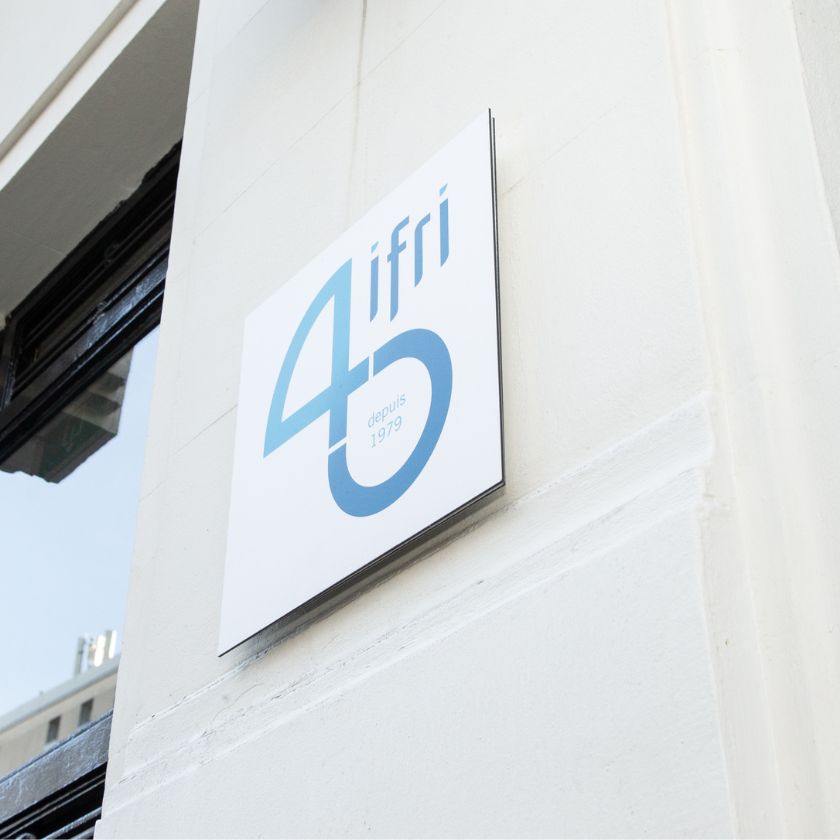What Role for the EU in Doha?

Historical leader of the fight against climate change, the European Union’s influence declined in Copenhagen. This opened the way to the so-called BASIC countries to show their willingness to become a driving force in the international climate agenda. Interestingly enough, the Copenhagen conference also introduced a welcome shift in the traditional UN separation between developed and non-developed countries.
If industrialized countries are responsible for most of current GHG emissions, emerging countries are the biggest emitters of tomorrow. However, Cancun conference and a strong pressure from the G77 reverted to the North/South partition. Durban saw a regain of European influence as the EU was key to open the discussions on the extension of the Kyoto protocol up to 2020 and to lay the foundations of long term discussions to pursue international agreements beyond 2020.
Yet according to the recent BASIC countries" joint ministerial statement, the ever present battle over the principle of "common but differentiated responsibility" is far from over. So far, among the major emitting countries, the European Union seems to be the only one to keep pushing for a binding agreement. One can wonder if the European Union has an interest to insist on such an agreement whereas the shortcomings of such an approach have been showcased notably by Canada. The country failed its Kyoto commitments and left the protocol without paying any penalties. Instead, India, a fierce negotiator, and most emerging countries (and of course for obvious reasons US) are aiming to work toward a new non-binding agreement that would take effect in 2020. Furthermore, the EU gave up the implementation of the international aspects of the EU-ETS legislation, postponing the introduction of aviation’s GHG emissions in its cap and trade system by one year. The Climate Commissioner explained this decision as a way to acknowledge the progress being made in negotiations on a global emissions deal. This however also illustrates the EU struggle to export its climate governance model beyond its borders. This kind of unilateral decision has indeed been unpopular very early on with countries such as the US, China and India. Multilateralism is the key when addressing climate change issues. Europe should remember to work on solutions acceptable by third parties.
European decision makers need to take into account Europe’s economic crisis. (1) It is well past time for Europe to put costs as one of the main drivers of its energy system, a notion that seemed to have been forgotten as Europe made the choice of one of the most expensive model. (2) They also have a responsibility with regard to European citizen to protect their industry. In this respect, committing to a 30% reduction by 2030 might be a very dangerous move.
Should Europe aim to remain THE leader or rather settle to be a driving force of climate international negotiations among others? The share of EU GHG emissions in 2020 and beyond is not significant enough to justify that EU assumes more than it can. Instead, EU should join others" efforts to contribute to the establishment of a future agreement and avoid well known deadlocks such as those triggered by “binding targets” in not so ancient discussions.

Available in:
Regions and themes
Share
Related centers and programs
Discover our other research centers and programsFind out more
Discover all our analysesPlacing the EU on a Warfare Footing: Energy and Raw Materials Priorities for 2026
The year 2025 has confirmed that one must prepare for much worse in the field of geopolitics and geoeconomics as the intensity and frequency of shocks increase and as the European Union (EU) has no more stable flanks now that crises with the United States (US) become so frequent and reveal a systemic rift. In the world, barriers to trade multiply and dependencies are weaponized.
Brazil One Year Away from the October 2026 General Elections
Brazil’s general elections will be held on October 4, 2026, to elect the president, vice-president, members of the National Congress, governors, deputy governors and state legislative assemblies. For the presidential and gubernatorial elections, a second round will be held on October 25 if no candidate obtains a majority of the votes in the first round.
COP30: An Inflection Point for Climate Action and Governance
The 30th Conference of the Parties (COP30), opening in Belém, Brazil, on November 10th 2025, convenes at a perilous moment.
The Strategic Dimension of Skills in the Clean Industrial Deal
In the competitiveness and energy transition battles, the European Union (EU) must master a determinant factor: skills.











